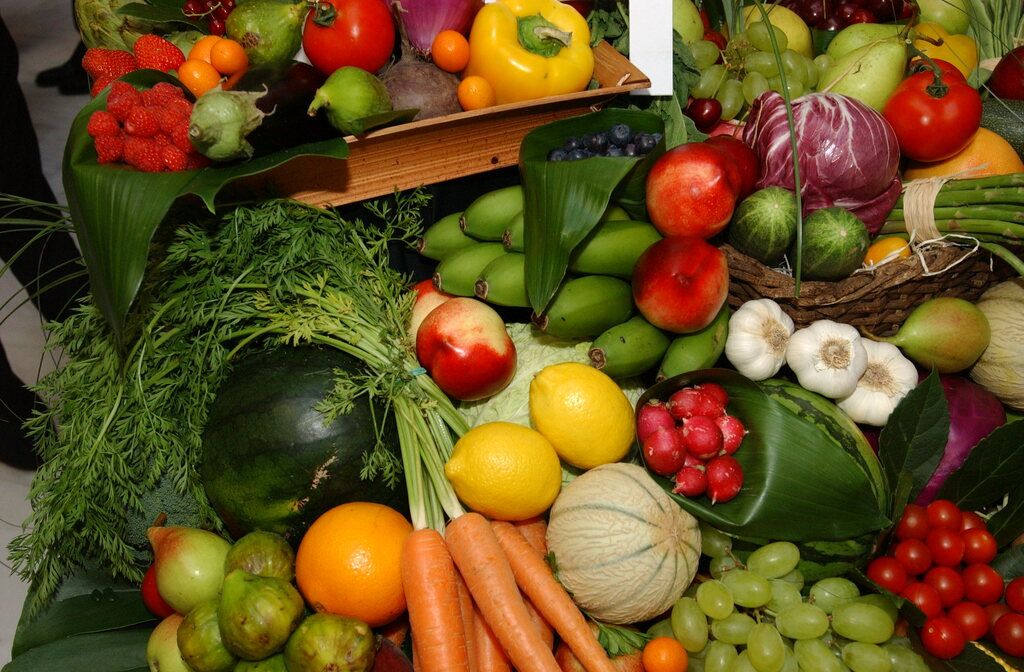Changes in global demand for fruits and vegetables in the world are generating new opportunities for producers, including small producers, highlights a report published by the Inter-American Development Bank (IDB).
In 2021, world exports of fruits and vegetables totaled US$225.6 billion.
In addition to greater use of technological know-how, important transformations on the demand side generate considerable new opportunities for value creation in modern agriculture.
As incomes rise in developing countries, people are changing their diets, shifting from staple grains and starches to more diversified diets that include products such as fruits and vegetables, meats and dairy products, says the IDB document, entitled Competing in Agribusiness.
In this context, these products, as well as inputs such as feed grains, are currently facing very dynamic demands.
At the same time, the greater ability to pay in developed countries is inducing consumers in these countries to seek the fruits and vegetables they want all year round, even in off-season periods, which offers excellent opportunities in producing countries that can respond to these demands.
Fruits and vegetables
As demand for these products increases, buyers (including end consumers) are imposing new and growing requirements on the properties of the products they buy and consume.
For example, the report adds, supermarkets and processors are demanding food products that meet increasingly stringent safety and quality standards, have a longer shelf life, and are produced in a way that respects labor rights and is more environmentally friendly.
World fruit exports were $143 billion in 2021, with the main participants being the United States ($15 billion), Spain ($12 billion), the Netherlands ($8.6 billion), Mexico ($8.3 billion) and Chile ($6.5 billion).
Fair trade
As for global external sales of vegetables, these amounted to $82.6 billion in 2021. As exporters, China (US$10.1 billion), Spain (US$8.8 billion), Mexico (US$5.6 billion), the Netherlands (US$8.5 billion) and Canada (US$5.4 billion) stood out.
At the same time, consumers increasingly require more detailed information about the way in which the products they consume are produced, demanding everything from sustainability -organic products, sustainable practices in the use of scarce resources such as water- to fair trade practices.
Moreover, in the spirit of the vertical structural transformation mentioned above, the sector has the potential to generate very important opportunities for small producers.
![]()

